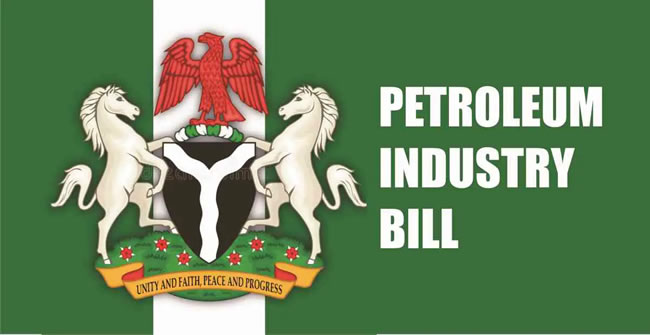An Abuja-based think tank, Agora Policy, has said the implementation of Nigeria’s landmark petroleum law, the Petroleum Industry Act, needs to be urgently amended to boost the federation’s petroleum revenue.
According to Agora Policy, the current PIA implementation has resulted in an odd situation in which the NNPC is better off in terms of revenues while the Federation is significantly worse off.
The report stated, “In principle, the PIA was supposed to attract investment into the country’s petroleum sector, enhance the regulatory and business framework, and increase revenue accruing to the Federation, but in reality, none of these aims have been achieved. Evidence shows that contrary to a key objective of the PIA, the Federation has received lower revenue from the petroleum sector.
“This is attributable to the implementation of the PIA, where the interpretation of certain sections of the Act has given the NNPC a larger share of oil and gas revenue at the expense of the Federation. The PIA should enhance the maximum financial benefits for the Federation. After two years of implementing the law, evidence suggests that the Federation is not deriving maximum benefits from its petroleum assets. Thus, it is essential that relevant sections of the PIA be re-examined and appropriate revisions made to channel more petroleum revenue to the Federation.’’
According to Agora Policy, the Federation had 23 revenue streams from the petroleum sector before the implementation of the PIA in 2021, when the NNPC accounted for eight revenue streams, which fetched $10.284 billion, or 44.63 per cent of total Federation petroleum revenue of $23.046 billion. The firm said this made the NNPC account for the most significant proportion of petroleum revenue inflows to the Federation before the PIA.
“This has changed drastically after the PIA. Despite the increase in the total number of revenue streams to 30, NNPC’s contribution has been reduced from eight to three streams. In 2023, NNPC’s three revenue streams brought in $5.01 billion, or 16.23 per cent of total Federation petroleum revenue of $30.862 billion. It is important to note that the Reduction in revenue from NNPC results from NNPC retaining most of the petroleum revenue, rather than lower gross petroleum revenue.
“However, the Federation has received less oil and gas revenue after the PIA.
The two situations highlighted above arising from the implementation of the PIA have affected government revenue from both JVs and PSCs and have, on one hand, reduced government revenue from the petroleum sector, while on the other hand, increased revenue to the NNPC.
Specifically, the revenue streams affected are crude oil and gas sales through the NNPC.
In 2021, before the PIA, the total value of the Federation’s entitlement from crude oil sales through NNPC was $11.308 billion, or 74.43% of the total sales value of $15.192 billion (Figure 3). In 2023, after the PIA, the total value of the Federation’s entitlement from crude oil sales through the NNPCL was $2.328 billion, or 14.14% of the total sales value of $16.467 billion (Figure 3). Following the implementation of the PIA in 2023, the largest entitlement of crude oil sales of $11.348 billion (68.91%) went to NNPC (Figure 3). Thus, even though the value of crude oil sold by NNPCL in 2023 ($16.467 billion) was 8.39 per cent higher than the value of crude oil sold in 2021 ($15.192 billion), the Federation’s entitlement in 2023 ($2.328 billion) fell by 79 per cent from its entitlement in 2021 ($11.308 billion),’’ the report said.
The policy recommended revisiting the transfer of JV assets to the NNPC to increase the Federation’s revenue from the petroleum sector. It stated that. “The Federation is not getting maximum benefits from the post-PIA arrangement where JV assets are deemed owned by NNPC. It also suggested revisiting sub-section 54 (1) of the PIA to ensure the JV assets are returned to the Federation. Part of its recommendation includes reducing the PSC management fee for NNPC from 30 per cent to between four per cent and seven per cent, adding that in line with the collection fees of other revenue-generating agencies, sub-section 64 (c) of the PIA should be revisited to reduce the management or collection fee of NNPC from PSCs from 30 per cent to between four per cent and seven per cent.
The Agora Policy also urged that there must be a revisit the Need for Committing Huge Resources to Frontier Basins Exploration; it also urged the government to revisit Sub-sections 64 (c) 9 (4) of the PIA, Frontier Exploration Fund Administration Regulations 2022, the Frontier Basins Exploration Administration Regulations 2023: following from the last recommendation, there will be the need to amend, revise, or completely overhaul these laws relating to the Frontier Exploration Fund.”





